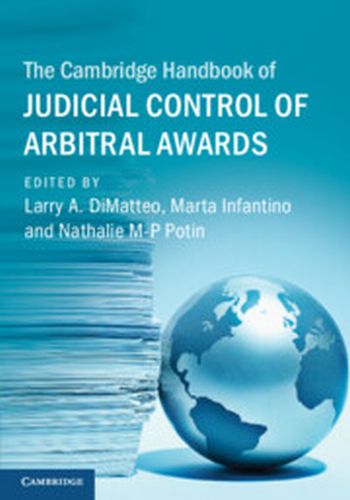
A unique collaboration between academic scholars, legal practitioners, and arbitrators, this handbook focuses on the intersection of arbitration - as an alternative to litigation - and the court systems to which arbitration is ultimately beholden. The first three parts analyze issues relating to the interpretation of the scope of arbitration agreements, arbitrator bias and conflicts of interest, arbitrator misconduct during the proceedings, enforceability of arbitral awards, and the grounds for vacating awards. The next section features fifteen country-specific reviews, which demonstrate that, despite the commonality of principles at the international level, there is a significant amount of differences in the application of those principles at the national level.
This work should be read by anyone interested in the general rules and principles of the enforceability of foreign arbitral awards and the grounds for courts to vacate or annul such awards.